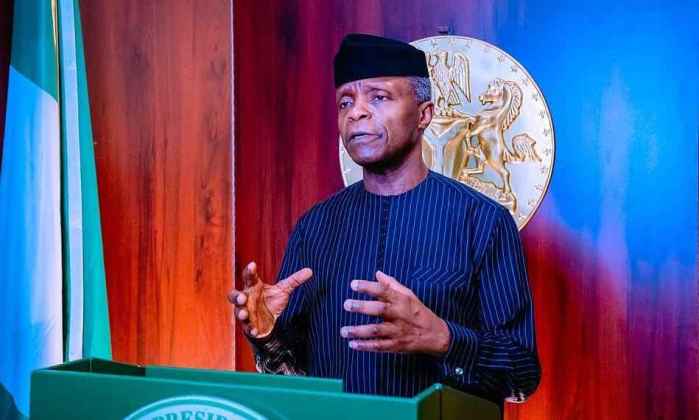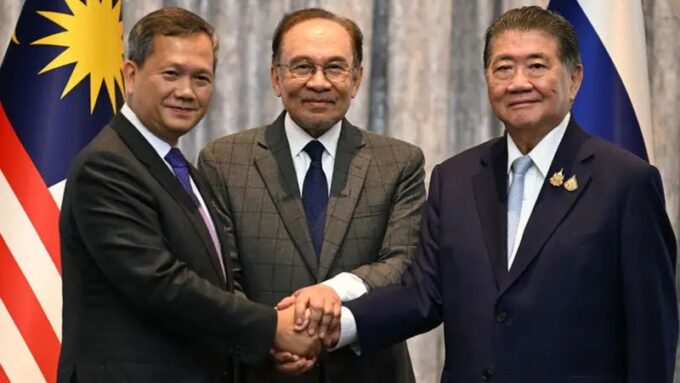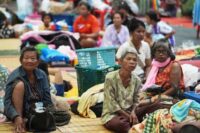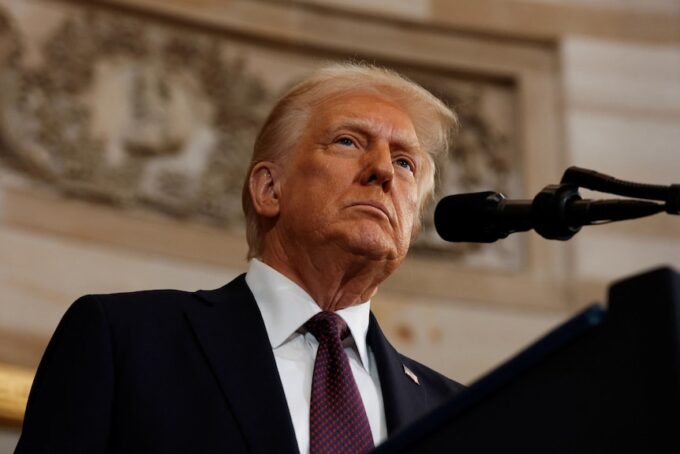News | Events | Digital PR | Advertising
Osinbajo Urges Tinubu to Prioritize Nigerians’ Welfare Amid Economic Challenges at WIMBIZ Conference

Former Vice President Yemi Osinbajo has called on President Bola Tinubu to prioritize the welfare of Nigerians amidst the nation’s mounting economic challenges. Speaking at the 2024 Women in Management, Business, and Public Service (WIMBIZ) conference, Osinbajo stressed the urgent need for social welfare initiatives and improved healthcare access as Nigerians face soaring costs of essentials like food, transportation, and housing.
“The cost of living is overwhelming Nigerians’ hope for survival,” Osinbajo stated, drawing attention to the escalating food insecurity, especially among children. He emphasized the necessity for stronger support systems to meet basic needs.
Osinbajo also highlighted the educational challenges in Nigeria, particularly the illiteracy rates in the northern region, where more than 67% of women are uneducated. He warned that a nation with such a significant portion of its population disempowered by illiteracy would struggle to achieve meaningful development.
He called for comprehensive social interventions targeting systemic issues such as literacy and economic empowerment, advocating for large-scale reforms.
Reflecting on the theme of the conference, “Dream, Dare, Do,” Osinbajo commended WIMBIZ for exemplifying resilience and impact. He emphasized that true success lies not just in having ambitions but in having the perseverance to overcome challenges, particularly for Nigerian entrepreneurs facing pressure to maintain an image of financial success that doesn’t align with reality.
Omowunmi Akingbohungbe, Executive Director of WIMBIZ, also spoke on the barriers women encounter in leadership, including stereotypes and self-doubt. She highlighted WIMBIZ’s efforts to encourage policies promoting women’s representation in decision-making roles. Akingbohungbe reiterated the group’s goal of achieving 35% female representation in leadership positions, a target she believes will strengthen governance by utilizing the unique strengths of both genders.
She also pointed to the disparity between Nigeria’s 6% female representation in parliament and countries like Rwanda, Senegal, and South Africa, where women hold over 45% of legislative seats. Akingbohungbe emphasized that this push for gender equity is not about competition but about recognizing the essential contributions both genders make to leadership.
The conference underscored the importance of inclusive policies, social welfare, and economic empowerment in fostering Nigeria’s development.
Explore more
Scientists Research Nigeria’s Okra, Maize, Four Other Crops During NASA’s Space Mission
International astronauts will research six indigenous Nigerian crops and seeds during the...
President Trump Orders Pharmaceutical Companies To Cut Drug Prices Within 60 Days
President Donald Trump on Thursday said he asked major pharmaceutical companies to...
Microsoft To Become The Next $4 Trillion Company
Microsoft (MSFT.O), opens new tab soared past $4 trillion in market valuation...
Importers Slash Petrol Prices Below Dangote Rates Amid Rising Market Competition
Competition has hit Nigeria’s petroleum sector as fuel importers slash petrol prices...












Leave a comment